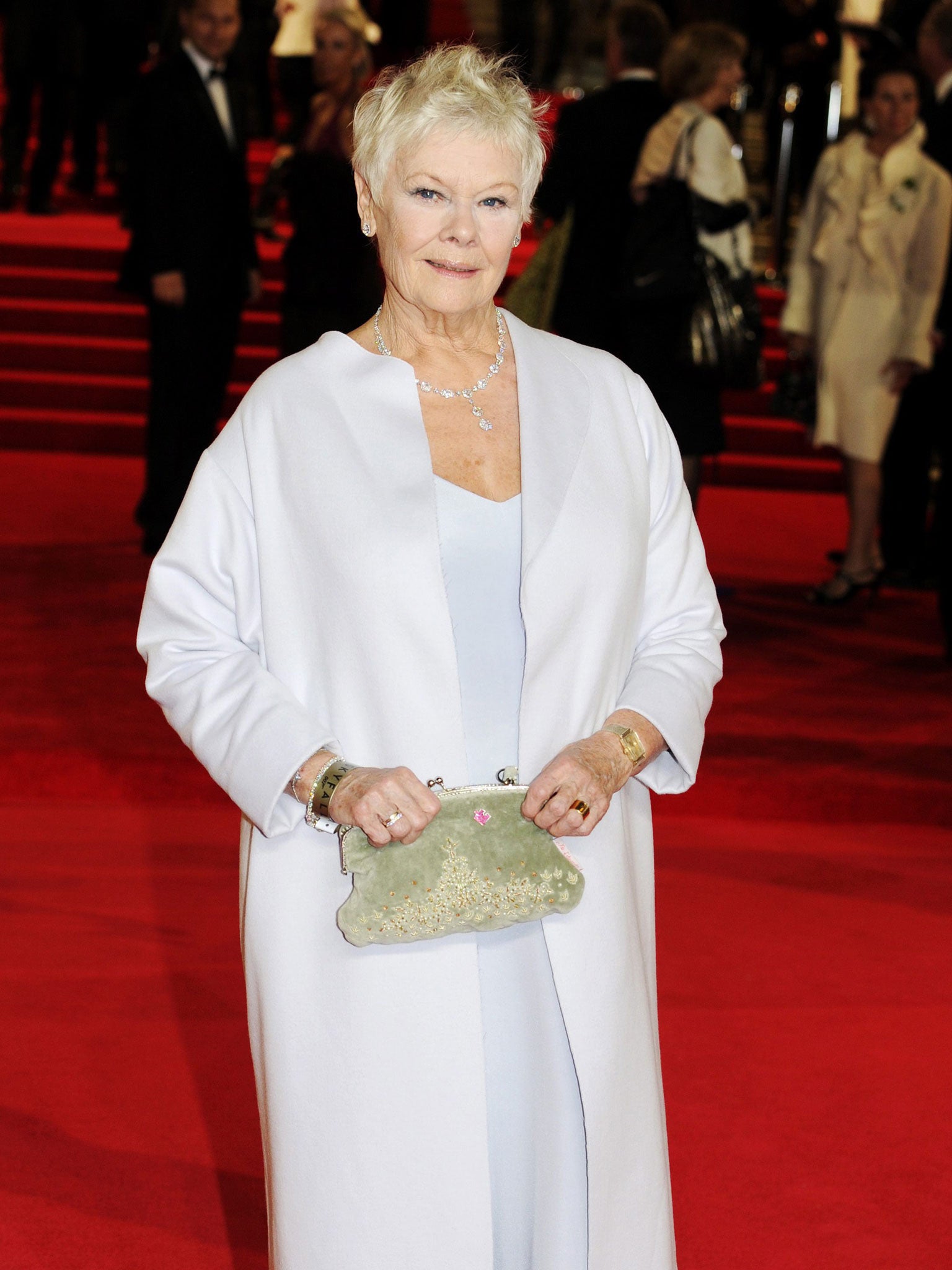Labour has an attitude problem
But it's the low-brow electorate's attitude that is the hindrance – just look at the McDonald's ads. Plus, veteran actors' debuts

If there is one book that ought to be packed into Ed Miliband's holiday suitcase this summer, along with the economics primers and (one hopes) Alan Johnson's newly published autobiography, it is Modernity Britain: Opening the Box 1957-59, the latest instalment of David Kynaston's history of the period 1945-1979. Unfortunately, any pleasure that Mr Miliband may derive from this wholly absorbing work is likely to be horribly compromised by an awareness that the problems with which he has currently to contend first declared themselves over half a century ago in the age of Harold Macmillan, Nye Bevan and Hugh Gaitskell.
The Labour Party's dilemma, back in the expansionist 1950s, was that of a left-wing party built on the principles of solidarity and social justice which suddenly wakes up to the fact that the voters have discovered consumer materialism. The 390 or so Labour MPs who romped to victory in 1945 were an odd, but at this point sustainable, coalition of trade unionists and middle-class radicals with their gaze firmly set on a new Jerusalem of nationalised industries, social security and the idea that, although living standards had to be raised, "value" was more likely to be found in the way you behaved to your fellow man than in the nature of the goods that you owned.
Unhappily, there was a new world just around the corner – an "affluent society", to use J K Galbraith's phrase, made up of annual pay increases, television sets and shiny new refrigerators. Almost miraculously, given the deprivations of the inter-war era, these items were now widely available and within the budget of ordinary people. Whereupon the trade union end of the Labour Party became engrossed in a fight for pay differentials and a Gadarene rush towards what the novelist Simon Raven called "cars, cookers and fancy cans".
In the meantime, the middle-class radicals (with a few exceptions) settled down to lament the vulgarity of commercial television and other unseemly manifestations of low-brow popular taste.
All this, you can't help feeling, is Mr Miliband's scourge here in 2013. The majority of the electorate, alas, is not interested in solidarity or cultural "value" or the redistribution of income to people for whom the phrase "equality of opportunity" is meaningless because they lack the resources to make that parity work. No, they want a nice, comfortable middle-class life.
All Mr Miliband seems to be able to do at the moment is offer a slightly less brutal version of what is already on offer, and this timidity, you suspect, will ultimately be his undoing.
...
Modernity Britain also has a nice line on what might be called the "Little did I know" school of history. This takes its designation from an autobiography written many years ago by the celebrated journalist Godfrey Winn. Mr Winn's trick, in these reminiscences, was to portray his ingenuous younger self coming across an unknown woman at a party and rounding the portrait off with a piece of historical fast-forwarding beginning "Little did I know..." The woman would then turn out to be someone like Vivien Leigh.
Winn was, of course, writing with hindsight. Kynaston's trick is to follow such promising Rada graduates as Dame Judi Dench and Vanessa Redgrave through the foothills of their early careers and see what the critics said about them. Thus of Dame Judi's debut in an Old Vic Hamlet in September 1957, the Standard remarked, not unpatronisingly, that "Ophelia is played by a girl called Judi Dench, whose first professional performance this only too obviously is. But she goes mad quite nicely and has talent which will be shown to better advantage when she has some technique to go with it."
One of our most celebrated contemporary "I little knew" merchants is the rock critic Charles Shaar Murray, whose compilation Shots from the Hip has him noting, in 1975, that Debbie Harry has suspect pitch and will never be a star "because she ain't good enough", and, in 1976, that the Clash are the kind of garage band who ought to be returned to the garage forthwith and the motor left running. Mr Murray featured on the BBC's recent David Bowie documentary gamely reciting the thumbs-down review of Low which he filed to the New Musical Express in 1977. It takes guts to own up to this kind of thing, and CSM is to be congratulated on his impressive lack of self-regard.
...
A sure sign of advancing middle age is an inability to follow the recommended moral viewpoint on anything from a work of art to a pop-cultural garnish. My own difficulty is with TV ads, where I can never manage to grasp the right end of the stick however brightly the paint is laid on.
And so, offered the McDonald's ad in which lairy Dave, the single mother's new piece of trouser, tries to bond with his inamorata's son, my sympathies are entirely with the boy: of course he doesn't want to stare at Dave over the breakfast table – why couldn't his mother show more taste? It is the same with the ad which urges a proud father to take his teenage daughter to Disney World before boys, clothes and mobiles phones kick in. Why can't we have a less materialist version in which the girl is worried about her GCSEs and organises the church youth group? To go back to Mr Miliband's troubles, poverty of aspiration can be every bit as alarming as poverty itself.
Join our commenting forum
Join thought-provoking conversations, follow other Independent readers and see their replies
Comments
Bookmark popover
Removed from bookmarks